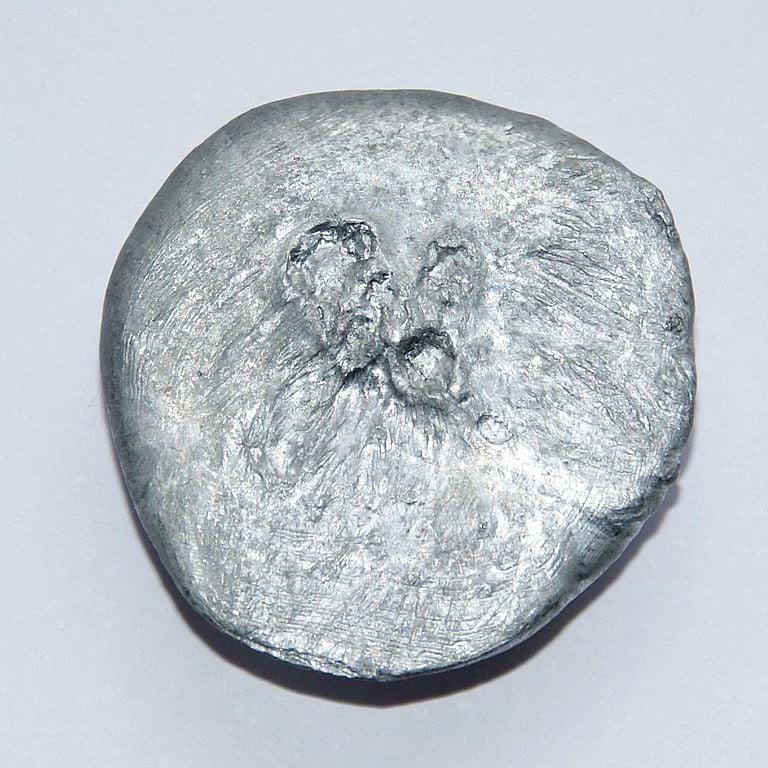
E-Zinc, a Canadian company which claims its zinc metal-based battery technology could provide low-cost, long-duration energy storage has raised US$25 million.
Founded in 2012, the company’s Series A funding round closing announced today comes two years after it raised seed funding and began demonstrating how the battery could be paired with solar PV and grid generation, developing its own balance of system (BoS) solutions along the way.
Enjoy 12 months of exclusive analysis
- Regular insight and analysis of the industry’s biggest developments
- In-depth interviews with the industry’s leading figures
- Annual digital subscription to the PV Tech Power journal
- Discounts on Solar Media’s portfolio of events, in-person and virtual
The technology is being touted as a means to replace diesel generator sets in providing backup power for periods of between half a day to five days, with remote grid or off-grid sites a particular focus.
In other words, the battery has storage and discharge durations far beyond what is typically achieved with the main incumbent grid storage battery technology lithium-ion, which currently has an upper limit of about four to eight hours before becoming prohibitively expensive.
That ability to discharge at full rated power for several days potentially would take it past the capabilities of other non-lithium alternatives like flow batteries and most mechanical and thermal storage plants, with the likes of Form Energy’s multi-day iron-air battery and green hydrogen perhaps the closest comparison.
However, e-Zinc is yet to move beyond the pilot stage — one project it is already working on is a 40kW system with 24 to 48 hours storage duration which will be paired with a solar PV array in California. That pilot is being installed at a commercial greenhouse site and has been supported by funding from the California Energy Commission.
The project was name checked and described in a blog for Energy-Storage.news by Dr Josef Daniel-Ivad, director of trade group Zinc Battery Initiative of which e-Zinc is a member.
During daytime hours, the battery system will charge from solar to discharge during hours of peak demand and to power the facility’s irrigation at night. It can also be used to provide backup power and is expected to go online by the end of this year.
Daniel-Ivad also wrote about the significance of zinc in battery history, it having been a component in the world’s first battery made by Allessandro Volta and now taken up by various energy storage tech companies as a possible answer to data centre, other commercial and industrial (C&I) and even residential applications.
e-Zinc’s tech is also being piloted in the UK, in a project with EDF-owned energy storage developer-investor Pivot Power and helped by funding from the country’s government Department of Business, Energy and Industrial Strategy (BEIS) as part of a programme to support long-duration energy storage technologies to commercialisation.
Investors include Toyota Ventures and Eni’s VC arm
With the latest financing round, led by industrial and life sciences investment firm Anzu Partners, e-Zinc will move to start pilot production of commercial energy storage systems. Other investors in the round include Canadian VC group BDC Capital, Toyota Ventures and Eni Next.
As well as investing in the company and its technology, the investors will be important strategic partners and advisors to e-Zinc, with Toyota Ventures set to help it scale its manufacturing and supply chain arrangements, while the renewable energy projects of Eni Next’s parent Eni could provide sites suitable for the battery’s deployment.
“Despite solar and wind deployments being on track to hit record highs, it is critical to address the issue of intermittency, which is why we are excited to support e-Zinc,” Toyota Ventures climate fund partner Lisa Coca said.
“The company’s innovative battery architecture decouples energy from power to enable cost-effective, long duration energy storage – bringing us one-step closer to a zero-carbon future.”
Another company using zinc as a key component of its energy storage technology, Eos Energy Enterprises, recently released its 2021 annual report. As reported by Energy-Storage.news today, Eos has an order backlog of just under US$150 million and expects to multiply its 2021 revenues of US$4.6 million more than ten-fold to around US$50 million in 2022.
However, Eos, already at the stage of commercial deployments for large microgrid, C&I and grid-scale customers, is not expecting to reach profitability until the end of 2023 and reported a net loss of US$124 million for last year, largely relating to the high costs of scaling up and expanding its reach to new markets globally.






